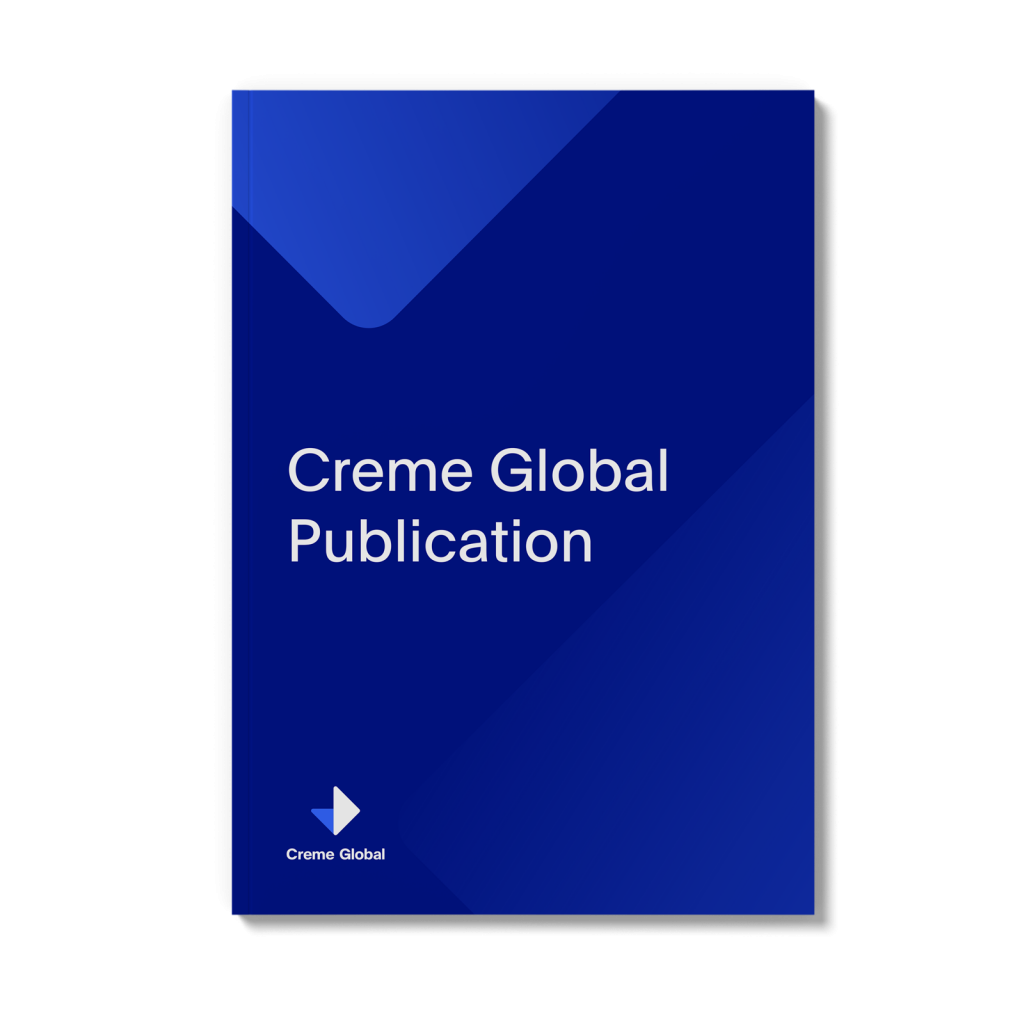In order to ensure the food safety, risk managers may implement measures to reduce human exposure to contaminants via food consumption. The evaluation of the effect of a measure is often an overlooked step in risk analysis process. The aim of this study was to develop a systematic approach for determining the effectiveness of mitigation measures to reduce dietary exposure to chemical contaminants. Based on expert opinion, a general framework for evaluation of the effectiveness of measures to reduce human exposure to food contaminants was developed. The general outline was refined by application to three different cases: 1) methyl mercury in fish and fish products, 2) deoxynivalenol in cereal grains, and 3) furan in heated products. It was found that many uncertainties and natural variations exist, which make it difficult to assess the impact of the mitigation measure. Whenever possible, quantitative methods should be used to describe the current variation and uncertainty. Additional data should be collected to cover natural variability and reduce uncertainty. For the time being, it is always better for the risk manager to have access to all available information, including an assessment of uncertainty; however, the proposed methodology provides a conceptual framework for addressing these systematically.
van der Fels-Klerx, H.J. (Ine) & Simon G. Edwards, Marc C. Kennedy, Sue O'Hagan, Cian O'Mahony, Gabriele Scholz, Pablo Steinberg, Alessandro Chiodini
Food and Chemical Toxicology Volume 74, December 2014, Pages 360-371
01/12/2014
Download Publication >>>
A framework to determine the effectiveness of dietary exposure mitigation to chemical contaminants

Authors: van der Fels-Klerx, H.J. (Ine) & Simon G. Edwards, Marc C. Kennedy, Sue O’Hagan, Cian O’Mahony, Gabriele Scholz, Pablo Steinberg, Alessandro Chiodini
Keywords: Risk assessmentDietary exposureMitigationFood contaminantsChemical substances